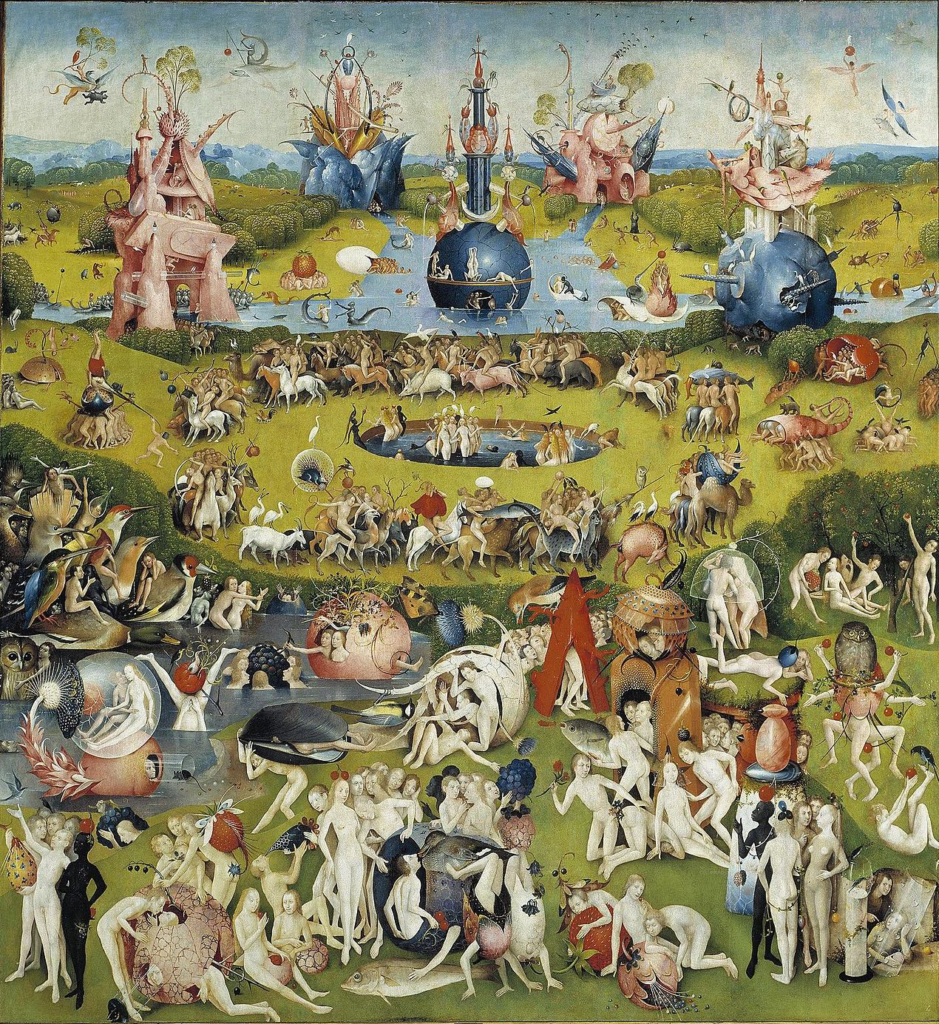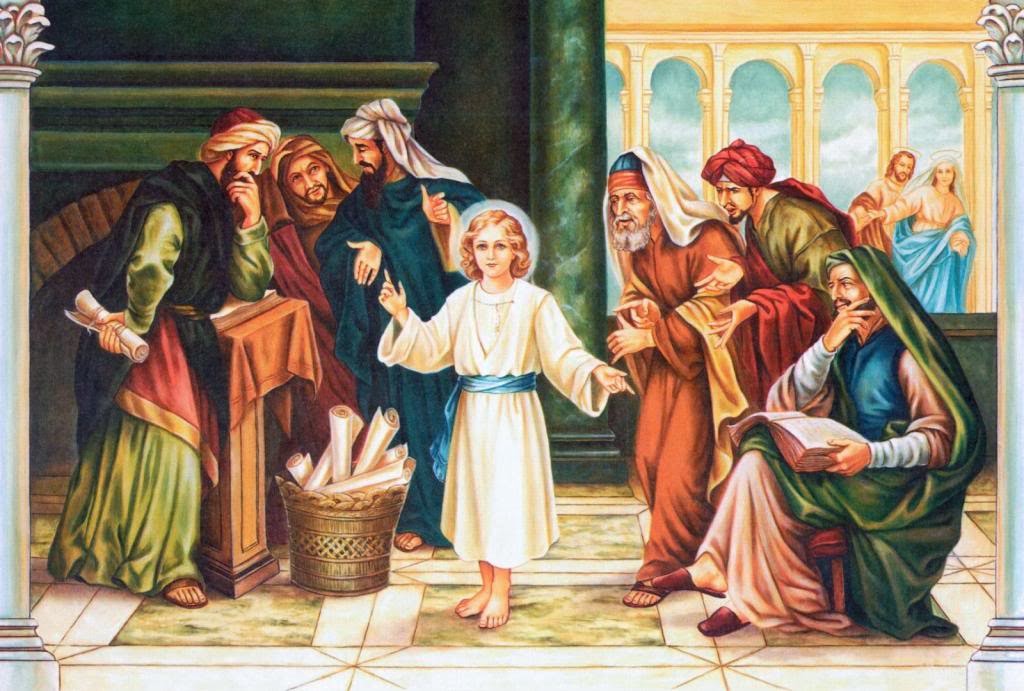Previously, I wrote about the Daily Rosary Meditation Podcast and how it can improve your rosary prayer. I even have a link to it on RosaryMeds. I recently listened to this great episode on examining your conscience for the seven deadly sins. I especially liked the meditation on sloth. Let’s explore sloth deeper and how the Rosary can combat it.
Boredom with Spiritual Life
Sloth is a sorrow or boredom with the spiritual life. It’s being bored with the things of God which results in a spiritual apathy or complacency. This is when you don’t like spiritual things like prayer, rooting out vice and practicing virtue and talking about God and ultimate things like heaven – basically of everything that matters most. And it results in the effort escape the invitation to become god-like through busyness, workaholism, entertainment, news, sports, drunkenness, drug use, pornography, or sex.
Dr. Mike Scherschligt, Daily Rosary Meditation Podcast
I’ve never thought of sloth in this way — boredom with spiritual life. By that measure, I’ve certainly been guilty of sloth. How many times have I reached for my phone to watch mind-rotting videos instead of reaching for my rosary or litany of the hours? Or how many times have I consumed those cookies, candies, or spirits on days when I told myself I was fasting? Yeah, I’m guilty of trying to escape God’s call to spiritual greatness via earthly delights.

How Sloth is Killing Us
Our society hinges around us embracing sloth. We spend all day working to afford the latest gadget that consumes the rest of our waking hours. We spend tons of money on streaming services, concerts, and sports. Even our hobbies, as good as they are, often provide an escape from living the more challenging, but fulfilling, spiritual lifestyle.
Sloth is killing parishes around the world. I’ve heard so many people say they no longer attend Mass because the priest’s homilies are boring and the Mass is so long and repetitive. Going back to Dr. Scherschligt’s definition, sloth starts with boredom. We, the Catholic faithful, haven’t been showing our slothful brothers and sisters the importance of the Mass and how it’s focused around Christ, not the priest or the music. If we only understood the importance of spiritual life, we would kick sloth to the curb.

How to Combat Sloth through the Rosary
To combat sloth, focus on the Fourth Joyful Mystery of the Rosary — The Presentation. Think about Simeon and Anna, two people who spent their days at the temple in prayer. They were hardly slothful. They did not get bored pursuing a spiritual life and doing what God asked of them. Ultimately, they both met God face-to-face in the baby Jesus. They received in their earthly lives what we hope to receive after we die — union with God.
I also meditate on the Fifth Joyful Mystery when I think about combatting sloth. I recall Joseph and Mary searching for Jesus in Jerusalem. Did Mary and Joseph get bored with their search? Of course not. They had to continue because they understood the importance of finding their lost son. We shouldn’t get distracted by all the good things of this world that we stop searching by giving up Mass, the sacraments, and prayer. When we give up those practices, sloth will fill the void and lead to other sins.

Disclaimer — sloth is not the same as leisure. We do need time for leisure; a break from work. Often, leisure can lead to increased spirituality because it refreshes and energizes us. Refreshing leisure activities include reading, listening to music, and spending time with people. It’s not binge-watching Netflix alone until 3 AM. Leisure compliments a spiritual life, sloth replaces it.

















